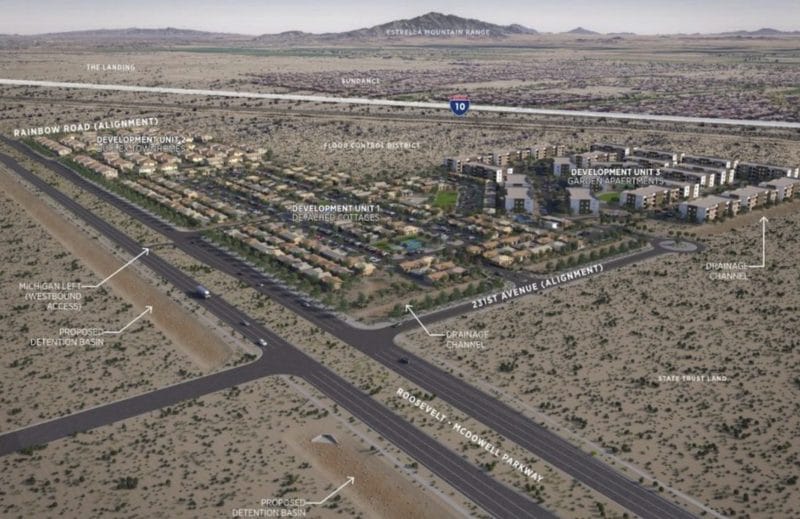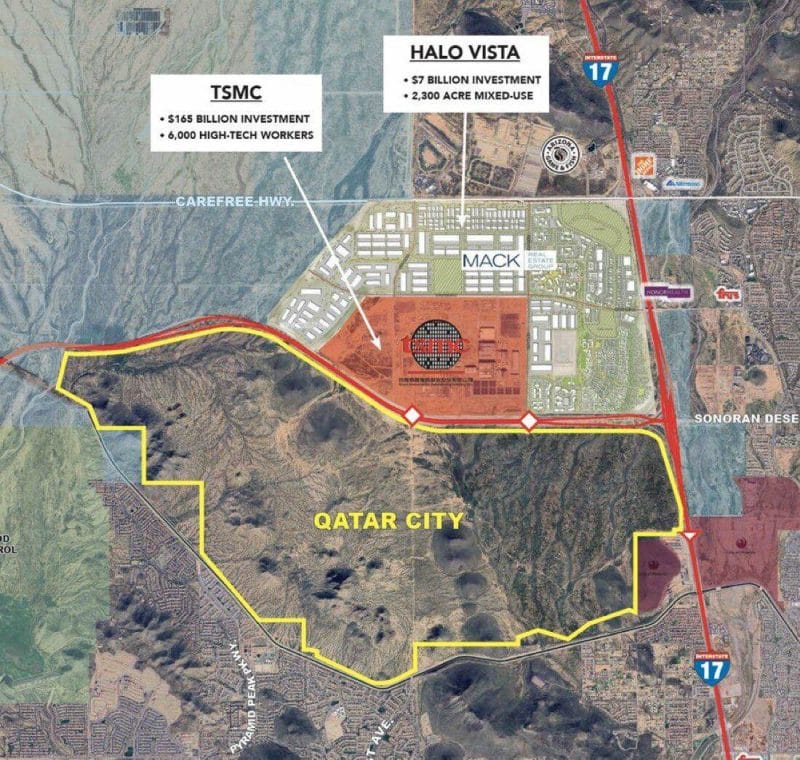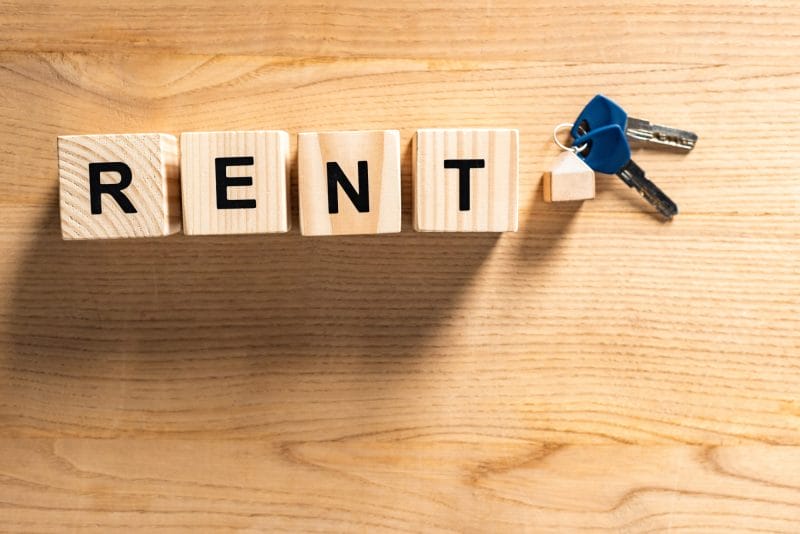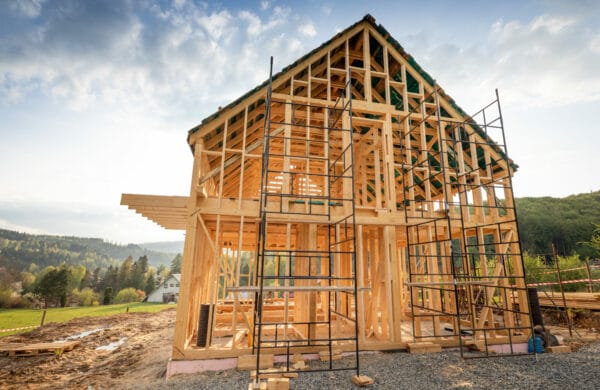 By Phil Riske | Managing Editor
By Phil Riske | Managing Editor
The Arizona Legislature is almost a “carbon copy” of state age demographics, reports The Arizona Republic: 15.5 percent of the legislature is age 65 or older, compared with 15.9 percent for Arizona as measured by a 2014 U.S. census estimate. But the legislature’s median age is nearly two decades older than the population: 54 years compared with 35.
Given the characteristics of media-and-marketing-popular millennials, were they the controlling age group (18-29) in the Arizona Legislature, state government would become a crap shoot.
Matching research into where millennials are politically and several top issues facing the Legislature this year, Rose Law Group Reporter has concluded the session would be marked by uncertainty on most economic issues, and Governor Doug Ducey would likely set a record for vetoes on social issues.
Millennials’ political views are, at best, in a stage of constant metamorphosis and, at worst, “totally incoherent,” states an article in The Atlantic, and the Pew Foundation found millennial attitudes offer a smorgasbord of paradoxes.
Millennials, for example, support big government of it doesn’t require more money and they’re for smaller government unless a favorite program of theirs is on the chopping block
Revenue and spending
Ducey said he would fulfill the promise he made during the campaign of proposing a tax cut every year, and tax reductions certainly will be discussed this session.
On economics, millenials are all over the place.
“You get the sense, reading the Reason Foundation and Pew . . . conservative and liberal partisans can cherry-pick this survey to paint millennials as whatever ideology they want, reports The Atlantic.
Conservatives, for example, could say 58 percent of millennials want to cut taxes overall, while liberals could say 66 percent want to raise taxes on the wealthy.
Conservatives could claim 65 percent of millennials would like to cut spending. Liberals could say 62 percent would like to spend more on infrastructure and jobs.
A 21-year-old millennial might well vote differently on tax cuts than a 38-year-old lawmaker, according to research: Millenials are more liberal than the rest of the county, but the older they get and make more money, they are more economically conservative.
“Overall, millennials offer the murky impression of a generation that doesn’t really understand basic economics. To be fair, neither do most Americans. Or many economists, perhaps. Or most journalists. Economics is hard,” The Atlantic quipped.
Healthcare
Reports say it is unclear whether a healthier economy will mean enrollment in the state’s Medicaid program will finally stabilize. About a third of the price tag comes from state revenues. Legislators are being urged to again open enrollment into the Kids Care program, a branch of Medicaid which provides health insurance to the children of working poor.
Millennials voted overwhelmingly for Obama when he promised universal health care, but they oppose his universal health care law as much as the rest of the country, even though they still pledge high support for universal health care.
So who would know the outcome of Medicaid were millennials ruling the day?
Social issues
Legalization of marijuana for recreational use, abortion, immigration:
Duh!
“Millennials are not only far more likely to embrace the liberal label in comparison to voters in other generations, they’re more likely to call themselves liberal than conservative,” New York Magazine concluded.
The relative liberalism of millennials translates into 50 percent of millennials are Democrats or lean to the Democratic Party, while just 34 percent affiliate with or lean to the GOP.
“Forty-two percent of millennials think socialism is preferable to capitalism, but only 16 percent of millennials could accurately define socialism in [a] survey.”







